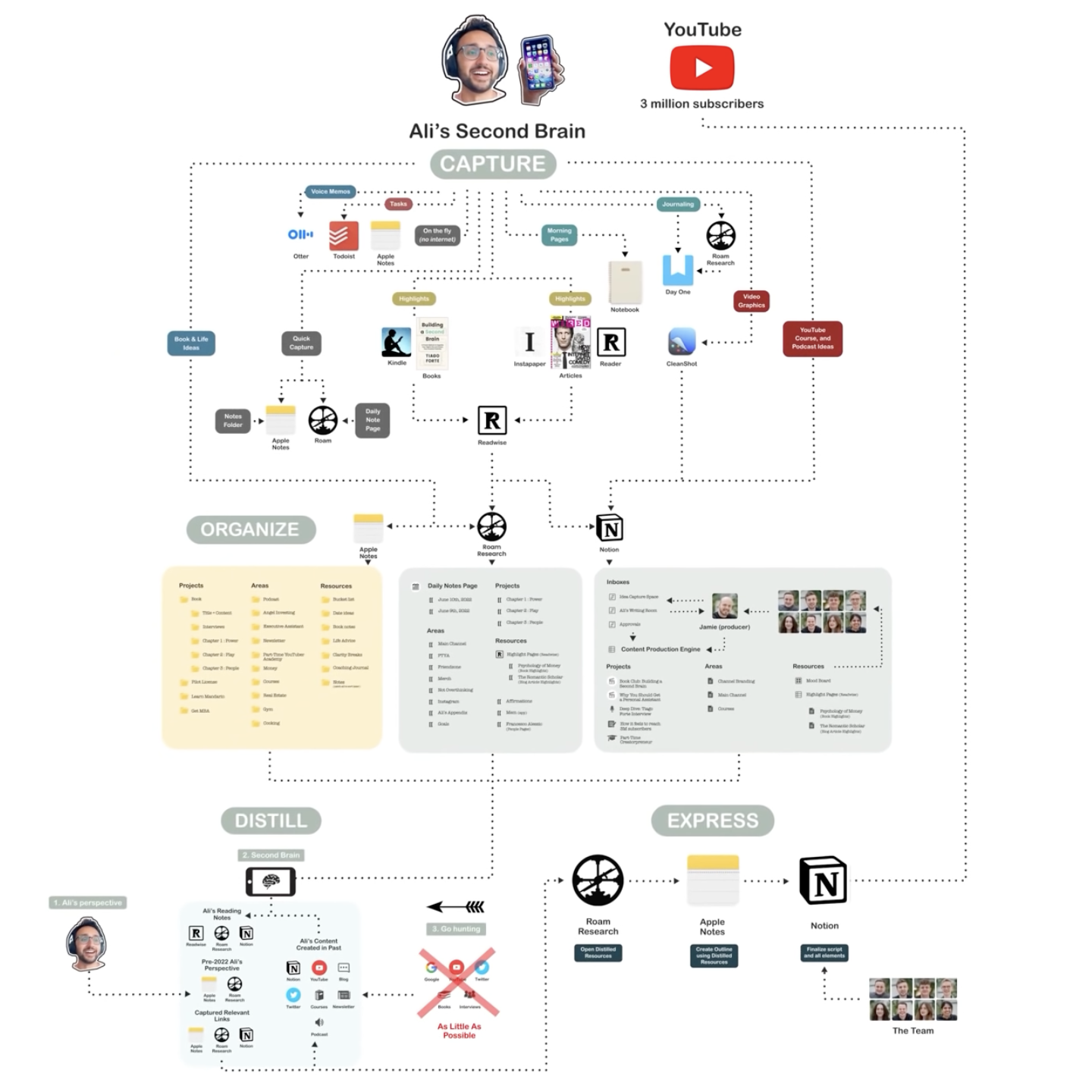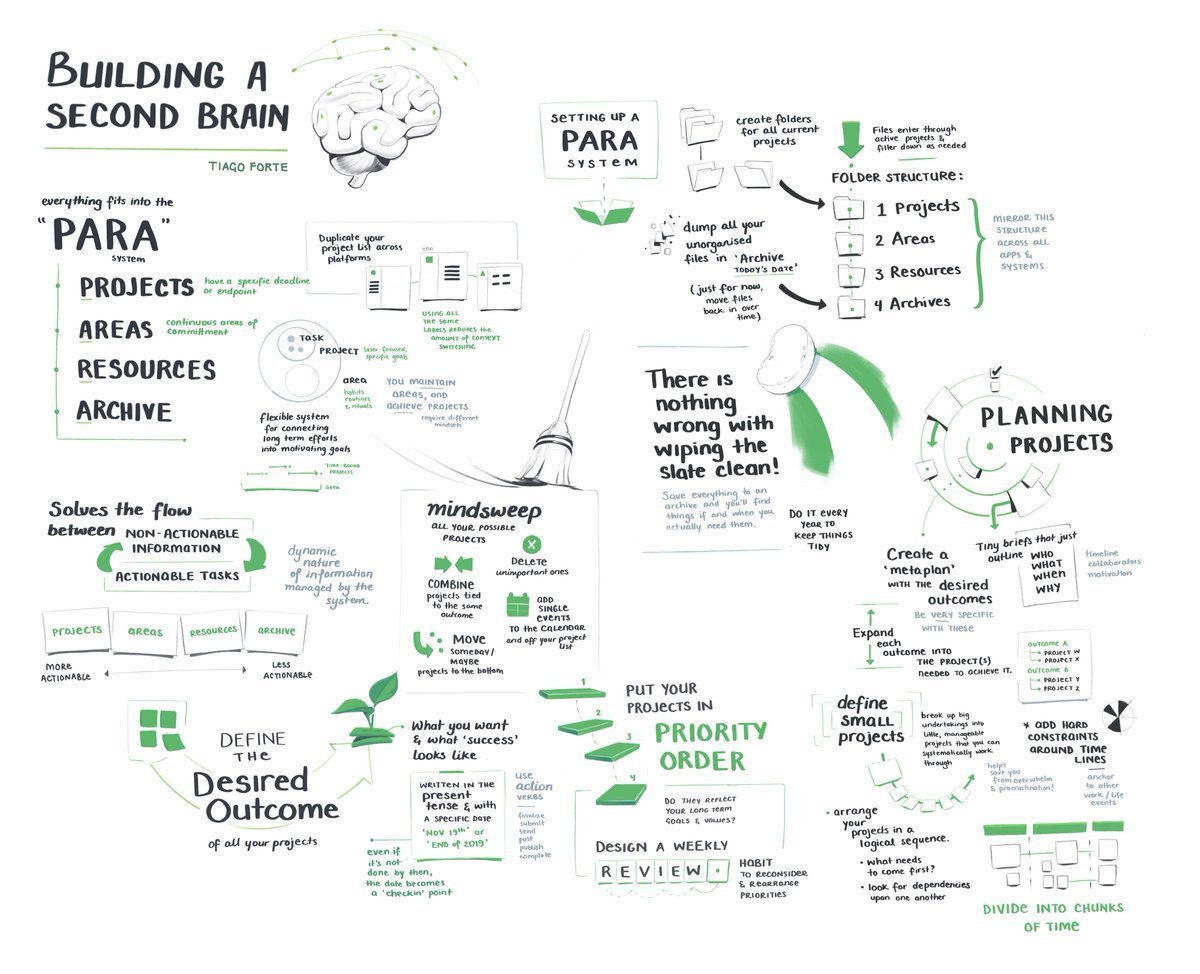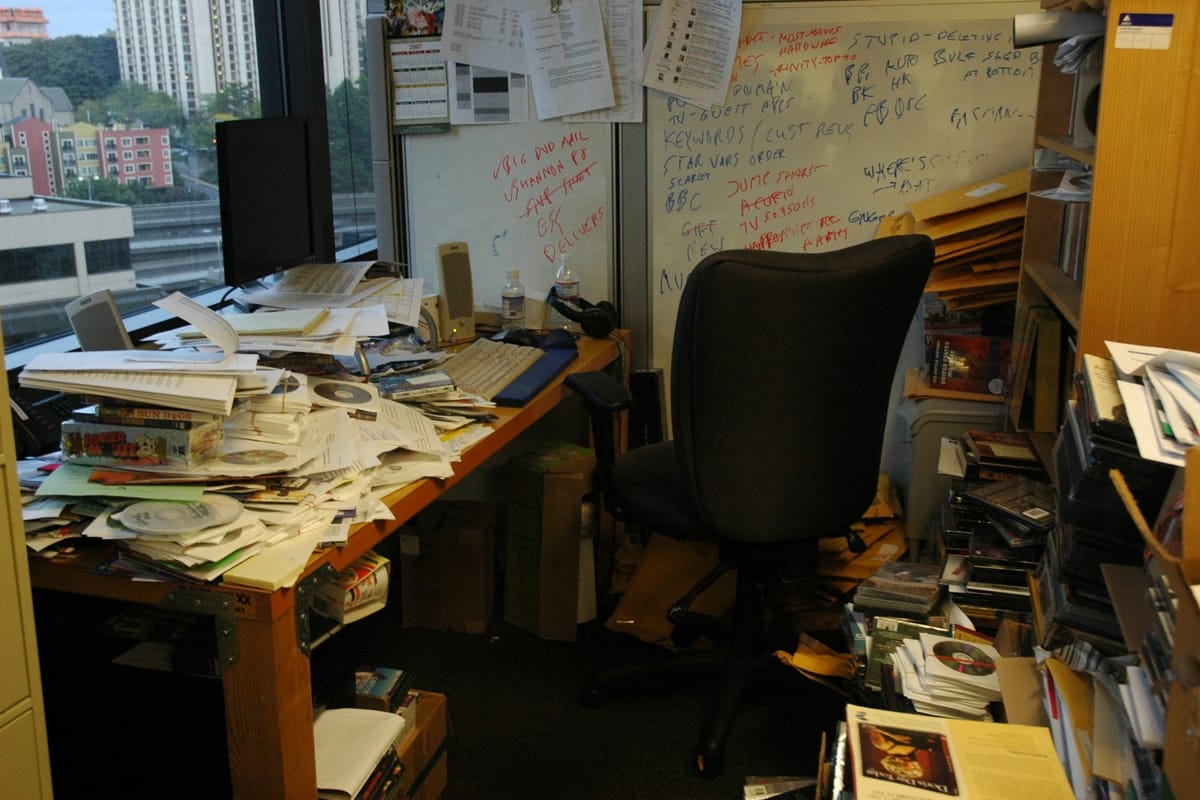About six months ago, I made the transition from Windows to macOS. I even wrote a whole blog about what that process was like for me, and some of the apps that I found along the way that helped to make the transition easier. What I didn’t discuss then, and what will ultimately be the crux for this post, is how a seemingly simple app like Apple Notes has completely taken over the remaining space in my mind.
If you know me, then you know that I have a genuine disdain for artificially imposed walled gardens. Apple Notes is one of those Apple products that over time and much iteration, has gotten to be just so easy to use while still remaining pretty powerful. However, since my personal phone is a Pixel 5, and since I don’t ever see Cupertino opening this up to other platforms, there’s no way for me to sync my notes across devices. I thoroughly enjoy using Apple Notes, but I don’t want to have to buy an iPhone in order to use it on the go.
This desire to have something powerful, yet easy to use, as Apple Notes, sent me down a deep rabbit hole over the last few months. Quick activity for you: do a quick search for the best note-taking app, and tell me what you see. Chances are it’s entirely too many listicles sharing the same four or five note-taking apps (Evernote, Obsidian, Mem, Roma, and of course Notion) and similarly, all too many videos from Youtube productivity gurus, such as Thomas Frank and Ali Abdal, showcasing wildly over-engineered “second brains” in a 15-20 minute video.
The idea of a second brain, popularized by Tiago Forte, is to make it easy to find things - notes, tasks, random bits of articles saved to Pocket or Readwise. However, taking a look at Ali Abdal’s second brain, I just don’t see how that’s even remotely possible.

Now, no shade to those two, or really anyone else participating in the productivity industrial complex, but when you really look at what is happening, it quickly becomes apparent that what they are talking about is the mere appearance of getting work done. In actuality, with a system that is so massively complicated, with tags and syncs to seven other apps and products, it is inevitable that you will end up with notes hidden deep within additional nested notes that you will soon forget even exist and to-do items that will go unfinished in perpetuity.
Doist, the makers of two productivity apps Todoist and Twist, recently wrote about how companies have made productivity a personal problem that needs to be solved. What stood out to me in this blog post was that research shows that stress and anxiety are caused by a perceived lack of control and unpredictability. Ultimately, I think that this is exactly what the current boom in productivity culture is all about - a deep fear that something will fall through the cracks, so better to spend hours building an overwrought system that captures everything to the point of being a borderline digital hoarder, than to potentially miss something that could be of importance down the line.
Finding the perfect to-do list or note-taking app / system might temporarily help mitigate that fear, but it finding the perfect system won’t solve all of your problems. Taking time to reflect on where your anxiety or burning desire to be more productive is an important step. I think that to some degree, software can help, but without properly examining where that fear or anxiety comes from, we’re going to keep trying the same things over and over without getting any different results. And when you look at productivity gurus through that lens, it becomes easy to see that what’s happening is that they are conflating productivity with using a fancy new tool, when the latter more frequently impedes the former.

Yes, there is absolutely something to be said for taking a massive project and breaking it down into its composite parts and tackling it that way. However, unless you truly need something that complex and heady, a far simpler system of three apps - calendar, tasks, and notes - is the way to go. YouTuber, Matt D’Avella - another well know productivity guru - recently showcased his system that consists of those same three apps. None of the three really connect or speak to one other, but that’s fine because they don’t need to in order to work and get things done. They silently do their thing, notifying you when you need to complete a task, head out for an appointment or meeting, and let you take notes in a way where the system is out of the way.
“A complex system that works is invariably found to have evolved from a simple system that worked”
— Gall's Law
Ultimately though, I think that this return to simplicity is a backlash to “productivity culture” - a sort of reckoning with the notion (hah!) that a) no productivity system will ever be perfect and b) that a lot of discussion around productivity comes from people being productive about being productive, in that, they are creating content about how productive they are at analyzing productivity.

Having been a hardcore productivity nerd, I’ve more or less abandoned the overly complex systems in favour of Matt’s approach. Tasks and reminders live in Google Tasks, and events/meetings/appointments go into Google Calendar. All that’s missing is a note-taking app that also works across every device and platform, but is also just as easy to use and powerful as Apple Notes.
Back down the rabbit hole I go.



Member discussion: